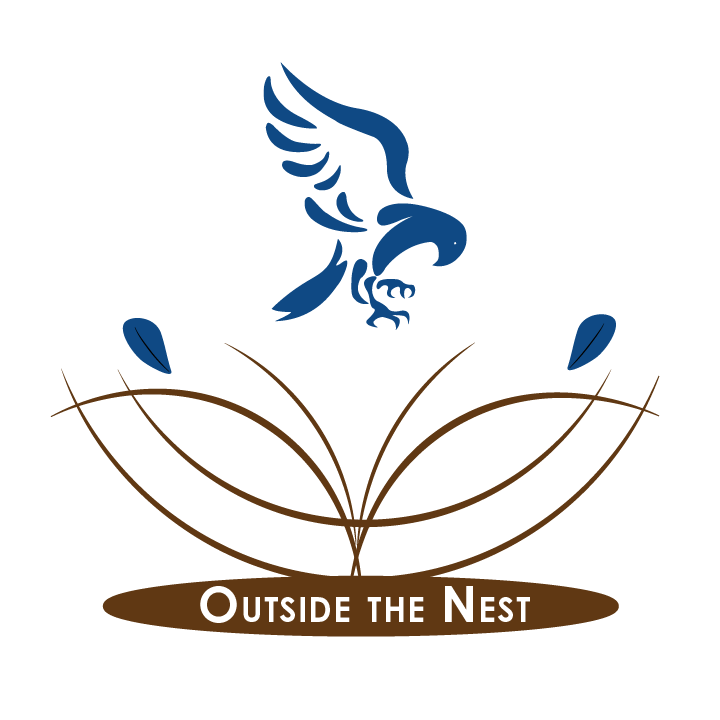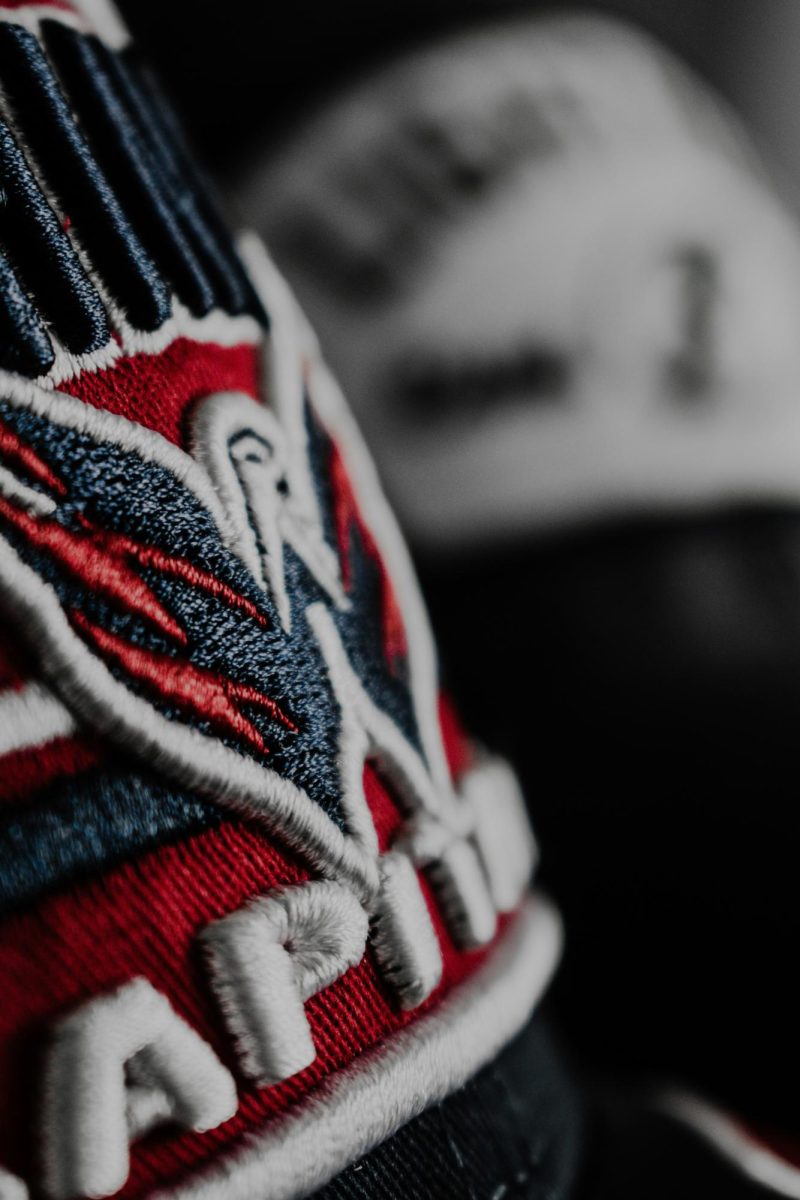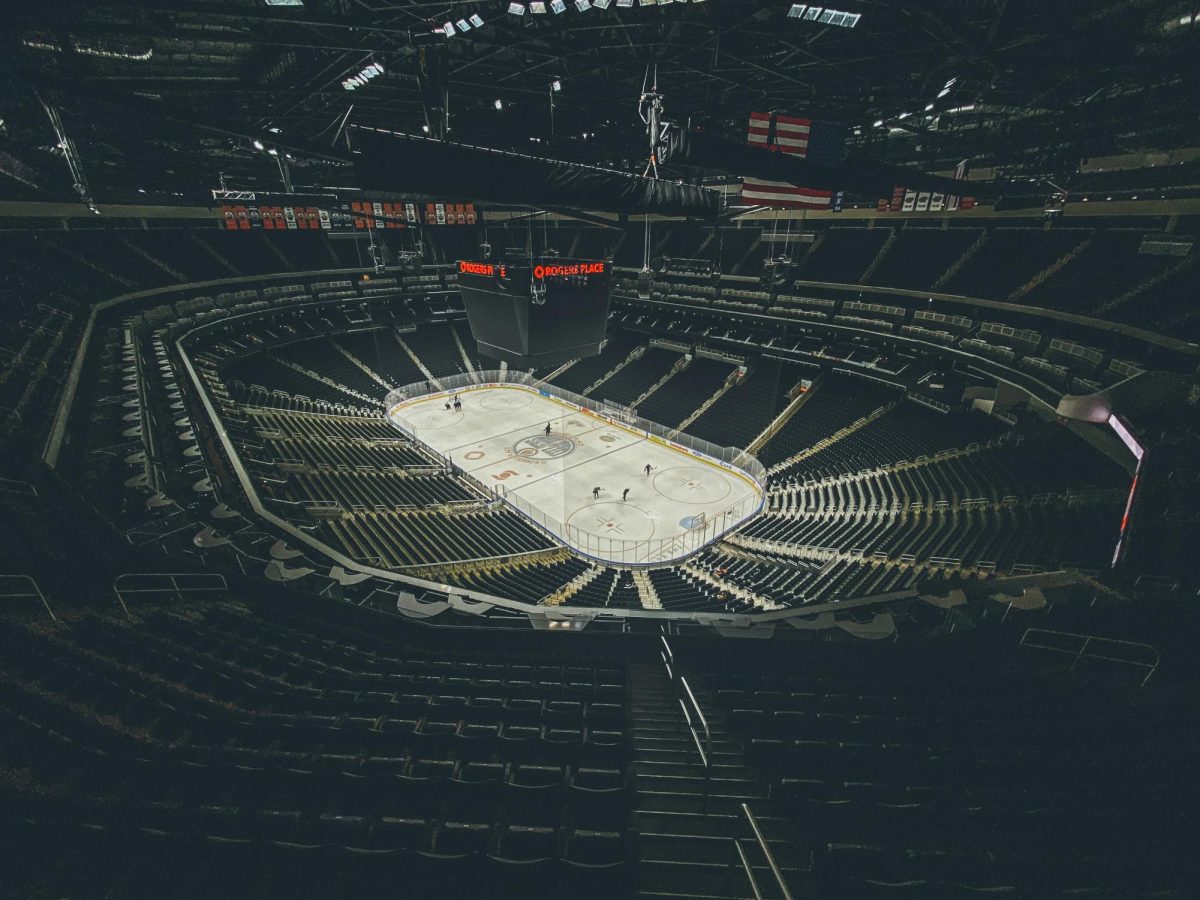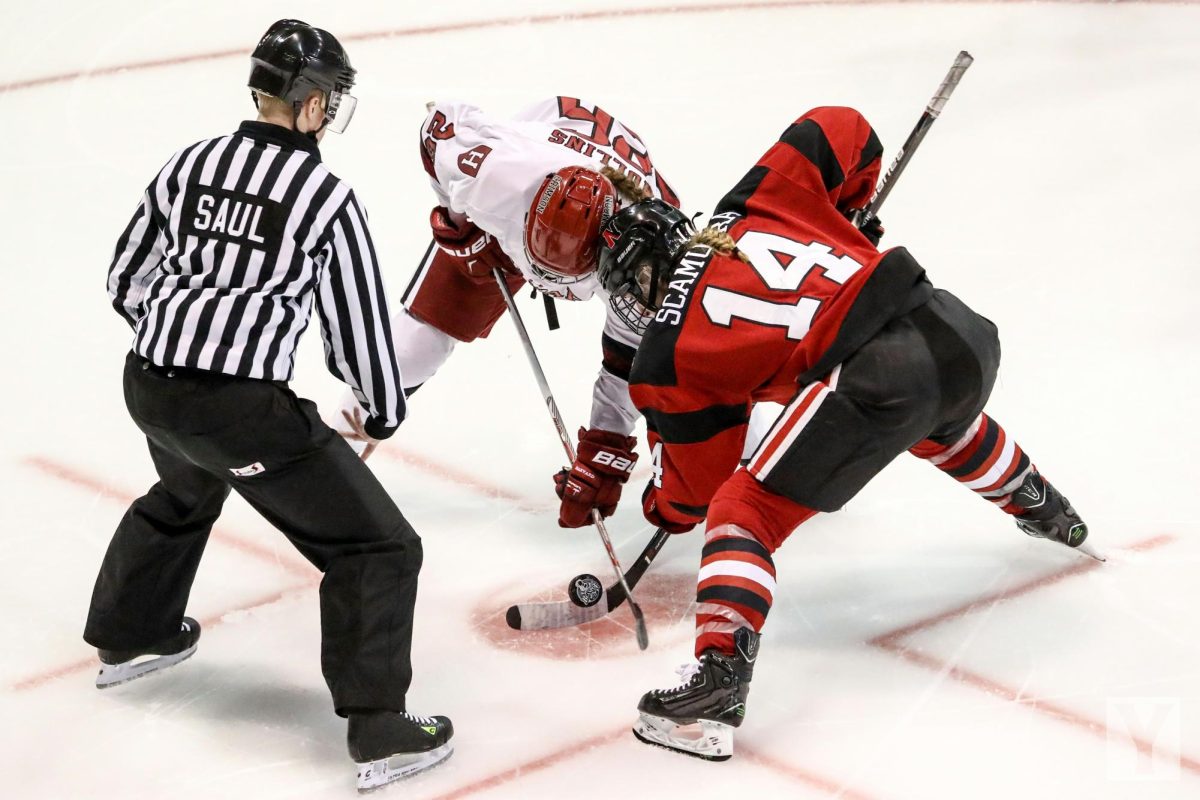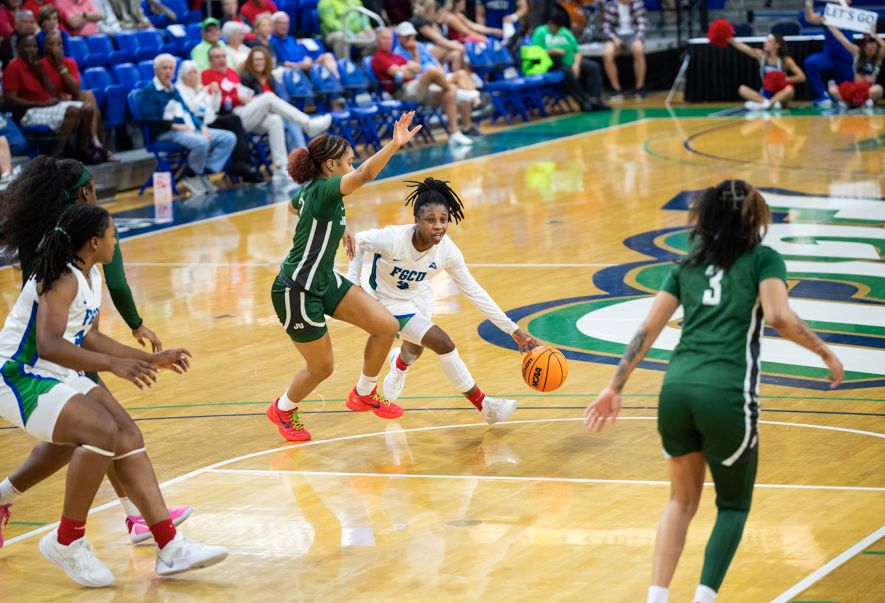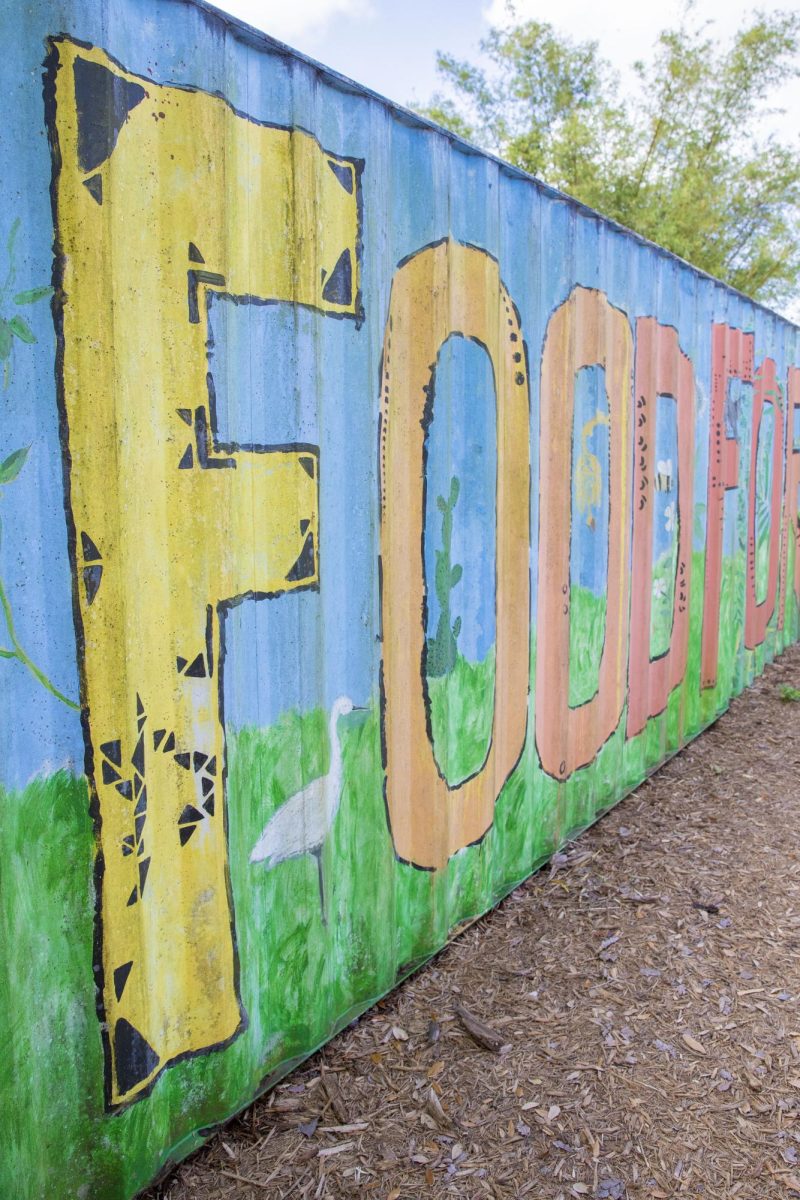The 740 acres of the FGCU campus are not only inhabited by procrastinating college students but also by extensive wildlife. Often, these two groups interact.
UPD gets many calls during the year from complainants regarding wildlife. The calls range from concerned callers who want to make sure UPD helps a turtle cross the road safely to complainants who want a raccoon taken out of the dumpster by their dorm.
UPD Chief Steven Moore said the department works on a case-by-case basis.
“Basically, common sense kicks in,” Moore said. “It depends on the animal. We have a variety of ways depending on the situation.”
Moore said most of the time the officers can deal with the cases by themselves; however, sometimes, experts are called in.
“With alligators, it all comes down to the size,” Moore said.
UPD can usually direct the small alligators back to the nearest body of water by standing behind it. However, most of the time, an expert is called in: John Herman.
Herman is an assistant professor of biology and has been working closely with UPD for the past three years. He specializes in reptiles and amphibians, so he helps out with those cases.
Herman’s consulting started after there were a couple of incidents where the police moved alligators incorrectly, since the officers weren’t trained in wildlife. They used snare polls or hooks that harmed the animals.
“I make sure the wildlife is not harmed, and they make sure the people are not harmed,” Herman said.
Herman usually deals with the alligators on the pond in front of SoVi Dining. This is because students toss in food over the guard rail, conditioning the alligators to associate humans with food. Eventually, they come out to look for those humans.
“When it’s two feet long, it’s cute,” Herman said, “but then its suddenly four or five feet long. And, then, it’s not so cute anymore when an alligator is so close to students.”
Whenever an alligator becomes a problem, Herman goes in and moves it to a different location on campus. The new location is usually the lake by the welcome center, which is the biggest lake on campus. However, in other occasions, he takes it to the lake by Summit Church or the one by the solar field. These are all far enough.
Herman said UPD used to call the Florida Fish and Wildlife Conservation Commision. However, FWC doesn’t handle alligator calls anymore, so UPD would call a trapper. Trappers kill the alligators.
“I said, ‘Call me first. Let me make sure this amazing animal doesn’t have to die because students couldn’t obey the rules,’” Herman said.
The most recent time Herman dealt with an alligator was approximately a year ago. The reptile had jumped inside the SoVi pool. However, when Herman got there, it was on the deck, so it was easier.
Herman went up to the alligator, closed its mouth and picked it up. He has been doing this for 20 years.
“It was funny,” Herman said. “I was sitting in the passenger seat, holding the alligator. (The cop) just kept saying, ‘Don’t let that thing go anywhere. Don’t let that thing go anywhere.’”
If the alligator had been in the water, which others have been in the past, Herman would have used a net. In those cases, he stands at the guard rail, casts a net and waits for the conditioned animal to go to the food. He then ties the net and pulls them up.
Herman said the larger seven- and eight-foot long ones have never been a problem.
“Hopefully, I deal with the problem while they’re still small and they figure out ‘oh, humans are not so great. They pick me up and take me in a car,’” Herman said. “That’s what we’re hoping for.”
Recently, Herman said he has been dealing with a lot of rattlesnakes. He caught a snake last semester that happened to be “just strolling through the parking garage” by the Cohen Center.
Herman said the ground workers find the snakes more than anyone, since they are the ones working around the bushes. They used to call the cops, but now, they call Herman.
“It’s a good system,” he said. “I’ve been very happy over the last year and a half, in particular that the police has embraced this notion that the campus (has experts). Before it was, ‘Oh well, we’re going to handle everything by ourselves.’”
Raccoons are a recurring sight on campus as well.
“A lot of times, what we run into is a raccoon stuck in a dumpster,” Moore said. “We’ll get whatever’s around — a 4×4, a piece of wood — and open the dumpster and they come out. We certainly don’t go reaching and grabbing or anything.”
Moore said he has specifically watched the raccoons on the security cameras on the parking garages. They go all the way up, stopping by trashcans and then come down. However, most of it happens at night, so people are not aware of it.
“That’s just what they do,” Moore said. “They take care of themselves. They know what they’re doing.”
Moore said that calls about wild pigs, bears, coyotes, panthers and bobcats used to be very common but not anymore.
“We really don’t get the calls that we used to get,” Moore said. “Over the last 10 years, there’s just not too many around anymore. There’s less woodlands to begin with.”
They also get calls about bears, occasionally.
“We wouldn’t call anyone unless it was creating a problem,” Moore said. “They’re around, most people don’t see them.” Moore said the bears come and go as soon as the food source is gone.
Ricky Piers, who works with Wings of Hope, said the key about bears is education. This is why she has been talking to freshmen, resident assistants and the community at large about this.
“Bears don’t attack you, they’re just going to defend themselves,” Piers said. “So, be smart about it. Go inside and call the police.”
Piers said she has infrared cameras in the area and she is positive bears are all around the perimeter of the campus.
“It’s a human problem that creates a bear problem,” Piers said. “We need to keep the bears wild. We have to learn to coexist with them.”
Moore said UPD constantly tells everyone, “Leave the animals alone. Just leave all of the animals alone.”




